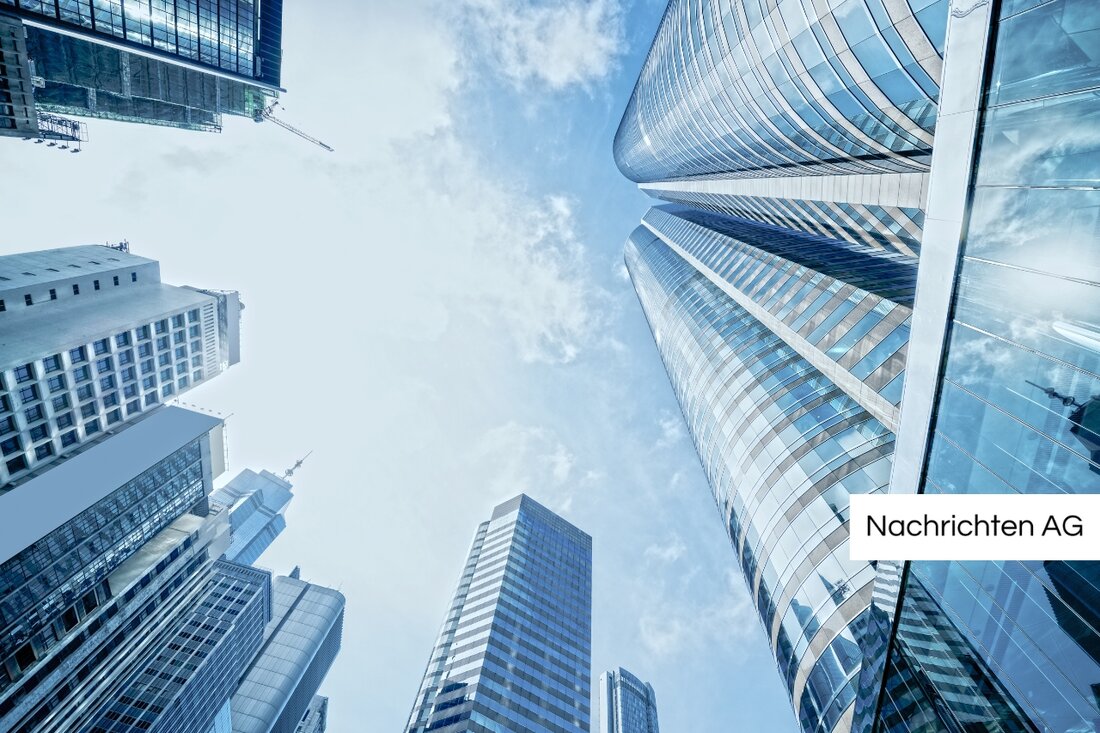E-fuel: Germany's green kerosine dream burst in the air!
E-fuel: Germany's green kerosine dream burst in the air!
Leuna, Deutschland - In 2025, the situation of e-fuel production in air traffic turned out to be disappointing. According to ÖA-NEWS Search of the owner of the production facility for green kerosene, the company Atomororfair, three years after its opening according to new technologies. The expectations at the opening in 2021 were high, but the global production of environmentally friendly kerosene was limited to a measly 0.3 % of the annual needs. Despite the legal obligation of the EU to add sustainable fuels from 2025, the technology for competitiveness is no longer available on an industrial scale
e-fuel, which are considered to be a climate-friendly alternative, currently cost the fuel generated three to five of Fossil. The current political measures show little progress, and several analysts are calling to reduce air traffic in favor of train traffic. Atomororfair has already given complaint threats against the technology supplier, which illustrates the frustrating situation of the organization.
regulation of air traffic in the EU
From 2025, all European airlines must add sustainable fuel to mix up sustainable fuel according to the new EU regulations. This regulation provides for an initial addition of two percent, which is to be increased to 70 percent by 2050. This measure was decided by representatives of the European Parliament and the EU countries, such as Tagesschau.de . Among the defined sustainable fuels are synthetic kerosene, hydrogen from renewable sources and biofuels from unused raw materials.
In the future,airlines may only recharge with as much fuel as for the respective flight to reduce weight and greenhouse gas emissions. An environmental label for flights is introduced so that passengers can compare the ecological footprint of their travels. Civil aviation is responsible for around 14 percent of CO2 emissions in the European traffic sector and must take appropriate measures.
technological challenges and expectations
Despite the regulatory progress, the production capacities for e-fuel are currently showing limited development. On October 1, 2024, the construction of the world's largest research system for e-fuel in Leuna began, but only about 1.4 million tons of e-fuel will be produced by 2030, only a third of which are created in Europe. In addition, the German Aerospace Center (DLR) in test flights with 100 % synthetic fuel has examined the emissions of turboprop machines to determine the contribution of e-fuel to reduce climate-related emissions in air traffic. These findings are crucial to cope with the challenges that have been accomplished, such as the effect of condensed strips that contribute to global warming because they contain soot and other pollutants.
In summary, the implementation of e-fuel and sustainable fuels in air traffic is a complex undertaking that urgently needs innovative solutions. While the political direction is clear and climate neutrality is being sought in the EU by 2050, the way there is paved there with technological, economic and regulatory hurdles, as the current developments impressively show. tagesschau.de emphasizes that e-fuel is a possible solution, but are not sufficient to ensure a climate-friendly aviation. Further steps to improve flight routes, drive systems and aircraft constructions must also be considered.| Details | |
|---|---|
| Ort | Leuna, Deutschland |
| Quellen | |


Kommentare (0)